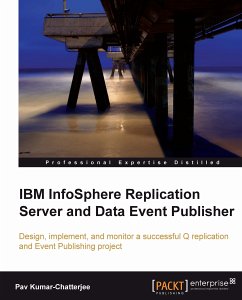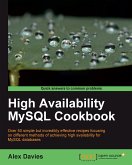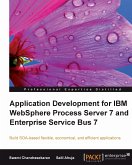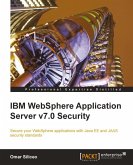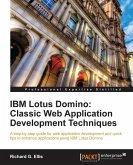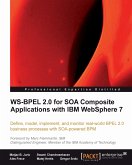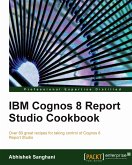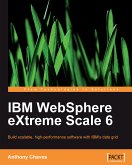Business planning is no longer just about defining goals, analyzing critical issues, and then creating strategies. You must aid business integration by linking changed-data events in DB2 databases on Linux, UNIX, and Windows with EAI solutions , message brokers, data transformation tools, and more. Investing in this book will save you many hours of work (and heartache) as it guides you around the many potential pitfalls to a successful conclusion.
This book will accompany you throughout your Q replication journey. Compiled from many of author's successful projects, the book will bring you some of the best practices to implement your project smoothly and within time scales. The book has in-depth coverage of Event Publisher, which publishes changed-data events that can run updated data into crucial applications, assisting your business integration processes. Event Publisher also eliminates the hand coding typically required to detect DB2 data changes that are made by operational applications.
We start with a brief discussion on what replication is and the Q replication release currently available in the market. We then go on to explore the world of Q replication in more depth. The latter chapters cover all the Q replication components and then talk about the different layers that need to be implemented—the DB2 database layer, the WebSphere MQ layer, and the Q replication layer. We conclude with a chapter on how to troubleshoot a problem. The Appendix (available online) demonstrates the implementation of 13 Q replication scenarios with step-by-step instructions.
This book will accompany you throughout your Q replication journey. Compiled from many of author's successful projects, the book will bring you some of the best practices to implement your project smoothly and within time scales. The book has in-depth coverage of Event Publisher, which publishes changed-data events that can run updated data into crucial applications, assisting your business integration processes. Event Publisher also eliminates the hand coding typically required to detect DB2 data changes that are made by operational applications.
We start with a brief discussion on what replication is and the Q replication release currently available in the market. We then go on to explore the world of Q replication in more depth. The latter chapters cover all the Q replication components and then talk about the different layers that need to be implemented—the DB2 database layer, the WebSphere MQ layer, and the Q replication layer. We conclude with a chapter on how to troubleshoot a problem. The Appendix (available online) demonstrates the implementation of 13 Q replication scenarios with step-by-step instructions.

